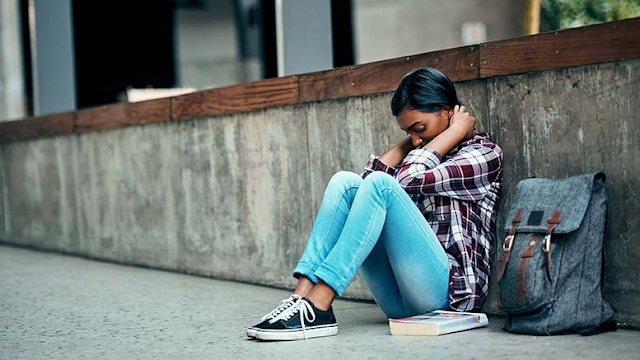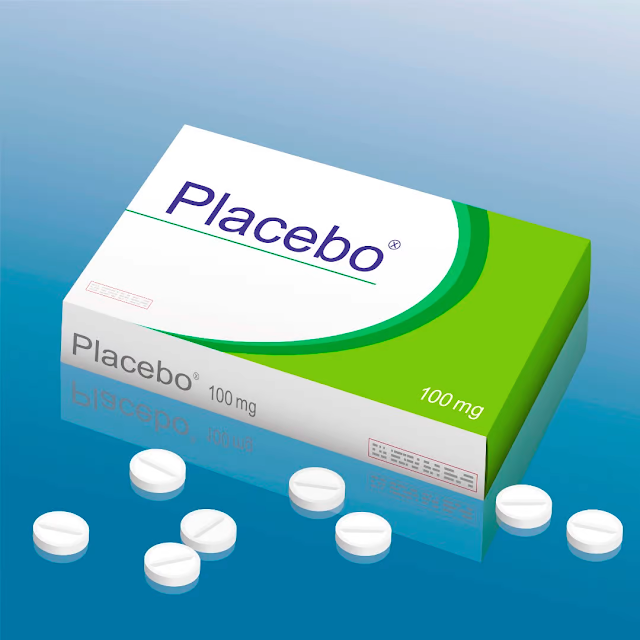How Substance Use Affects You as a College Student
-----
College is stressful; new peers, different environment, multiple classes, numerous assignments, and much more. One common way for college students to manage their stress levels is by engaging in substance use. Substance use disorder is the excessive use of alcohol, marijuana, pain medications, or illegal drugs which can lead to physical, social, emotional, or mental harm. Many students have the understanding that substance use relieves stress and decreases anxiety levels; however, it is the exact opposite. Using drugs, especially nicotine and alcohol, causes the brain to release cortisol, the stress hormone in our brain, which in turn triggers the body’s stress response.
College is stressful; new peers, different environment, multiple classes, numerous assignments, and much more. One common way for college students to manage their stress levels is by engaging in substance use. Substance use disorder is the excessive use of alcohol, marijuana, pain medications, or illegal drugs which can lead to physical, social, emotional, or mental harm. Many students have the understanding that substance use relieves stress and decreases anxiety levels; however, it is the exact opposite. Using drugs, especially nicotine and alcohol, causes the brain to release cortisol, the stress hormone in our brain, which in turn triggers the body’s stress response.
6 Reasons Why You May Be Using Substances
- Stress
- As mentioned above, high levels of stress may lead students to turn to substances as a way of coping.
- Societal/Peer Pressure
- Some students use substances to feel more connected to other students or to help them relax more easily in social situations.
- Family History of Substance Use
- If you have family members with drug or alcohol use problems, then you have an increased risk of addiction just by being related to and around them.
- You Need to Get an A
- Drugs like Adderall or Ritalin may be used with students who need to maintain high educational performance. These stimulants are typically used to treat ADHD symptoms, however have been used to help focus for extended periods of time but are dangerously addictive when taken without a doctor's guidance.
- New Life Transitions
- For many people, college is a transition time between childhood and adulthood and can be the first time in life without parental supervision. This allows you to figure out who you are, how you approach the world, and what you like. For some, this means trying drugs out for the first time because you can without getting into trouble.
How Can Using Substances Affect You?
- Potential decline in academic performance.
- You may begin to lose motivation for school, skip classes, play catch up with assignments and see your GPA get lower.
- Engaging in risky or dangerous behaviors.
- Examples of risky behaviors include driving under the influence, being the victim or perpetrator in an assault, getting into physical fights, stealing, risky sexual behaviors (unprotected intercourse, date rape) or any behavior you wouldn’t normally do.
- Poor physical health.
- You may suffer from physical health consequences, including hangovers, nausea, or minimal injuries from falling or bumping into things. Long term physical health effects also include the development of cancer, organ failure, and a weakened immune system. There is also always a risk of overdose and death.
- Decline in mental health.
- You can also experience poor mental health in the form of decreased cognitive performance, short-term memory loss, addiction, or increased thoughts of suicide/suicidal attempts.
- Social consequences.
- You can lose friendships or other important relationships due to substance use. You may unknowingly begin to socially isolate yourself from friends and family by spending more time in your room, avoiding social gathering where substances won’t be, or by realizing you get easily irritated with others so you'd rather be alone.
References
Mosel, S. (2022, July 14). Substance Abuse In College Students: Statistics & Rehab Treatment. American Addiction Centers. Retrieved July 27, 2022, from https://americanaddictioncenters.org/rehab-guide/college




Comments
Post a Comment